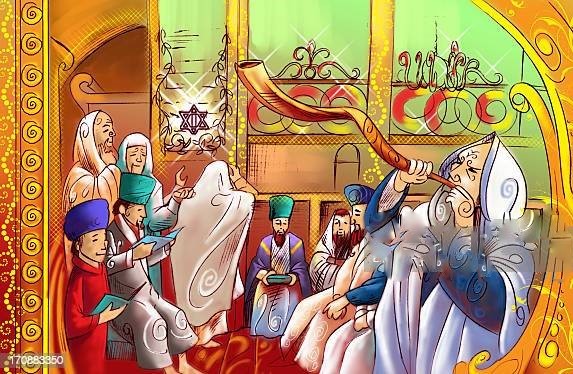HESED: YESHIVAT HAVERIM יְשִׁיבָה חברים – BABYLONIAN TALMUD p81

And R. Zera himself was deliberating: Did indeed R. Johanan say so? Have we not heard that
Rabba b. b. Hana said in his (R. Johanan’s) name, referring to our Mishna, which states that a
man may handle a box containing a stone: “He may do so providing the box also contains fruit.”
“How, then, could R. Johanan permit a pan with glowing ashes to be handled?” R. Assi was
astounded for some time, but finally answered: “The pan referred to still contained some grains
of incense.”
But Rabha said: While we were in R. Na’hman’s house we handled a fire-pot on account of its
ashes (the ashes were needed for some purpose, therefore the pot was allowed to be handled),
although there were some broken sticks of wood upon it.
The schoolmen raised the following objection: R. Simeon and R. Jehudah agree that if there are
broken pieces of wick in a lamp, it is prohibited to handle the lamp. Said Abayi: “This was
taught in Galilea” (Galilea is a state where linen cloth is scarce, for which reason the broken
pieces of wick are valuable, and the lamp, being the receptacle of prohibited valuables, is not
permitted to be handled on the Sabbath).
Levi, the son of Samuel, met R. Abba and R. Huna the son of Hyya standing at the entrance of
R. Huna’s house; and Levi questioned: “Is it allowed to fold the beds of travelling coppersmiths
on a Sabbath?” They answered: “Yea.” In allowing this the two rabbis held with (the opinion of
R. Simeon b. Gamaliel in a) following Boraitha: It is not permitted to put together a bed which
has been taken apart; but if one did so, he is not culpable. One must not fasten the bed with pegs,
but if he did so he only lays himself liable to bring a sin-offering. R. Simeon b. Gamaliel,
however, said: “If the bed was loose it may be fastened.”
R. Hama had a folding-bed in his house. He put it together on a biblical feast day, and one of the
young rabbis questioned Rabha: “What reason is to be found for this act? Is it because of
indirect building; granted that there is no biblical prohibition to this effect, there surely is a
rabbinical?” Answered Rabha: “I think that the reason is the decision of R. Simeon b. Gamaliel
(with whom I agree) that it is permissible to put a bed together if the bed is loose.”
MISHNA IX.: One may put a vessel underneath a lamp for the purpose of receiving the sparks
falling from the lamp, but he shall not put water into the vessel, because thereby the sparks
would become extinguished.
 FRIDAY PRAYER: HESED-SHACHARIT שַחֲרִית MORNING PRAYER
FRIDAY PRAYER: HESED-SHACHARIT שַחֲרִית MORNING PRAYER FRIDAY PRAYER: HESED-TIKKUN CHATZOT תקון חצות-TIKKUN RACHEL & TIKKUN LEAH
FRIDAY PRAYER: HESED-TIKKUN CHATZOT תקון חצות-TIKKUN RACHEL & TIKKUN LEAH FRIDAY PRAYER: HESED- KABBALAH MED-TIKKUN CHATZOT תקון חצות – LESSON WITH RAV MICHAEL LAITMAN
FRIDAY PRAYER: HESED- KABBALAH MED-TIKKUN CHATZOT תקון חצות – LESSON WITH RAV MICHAEL LAITMAN